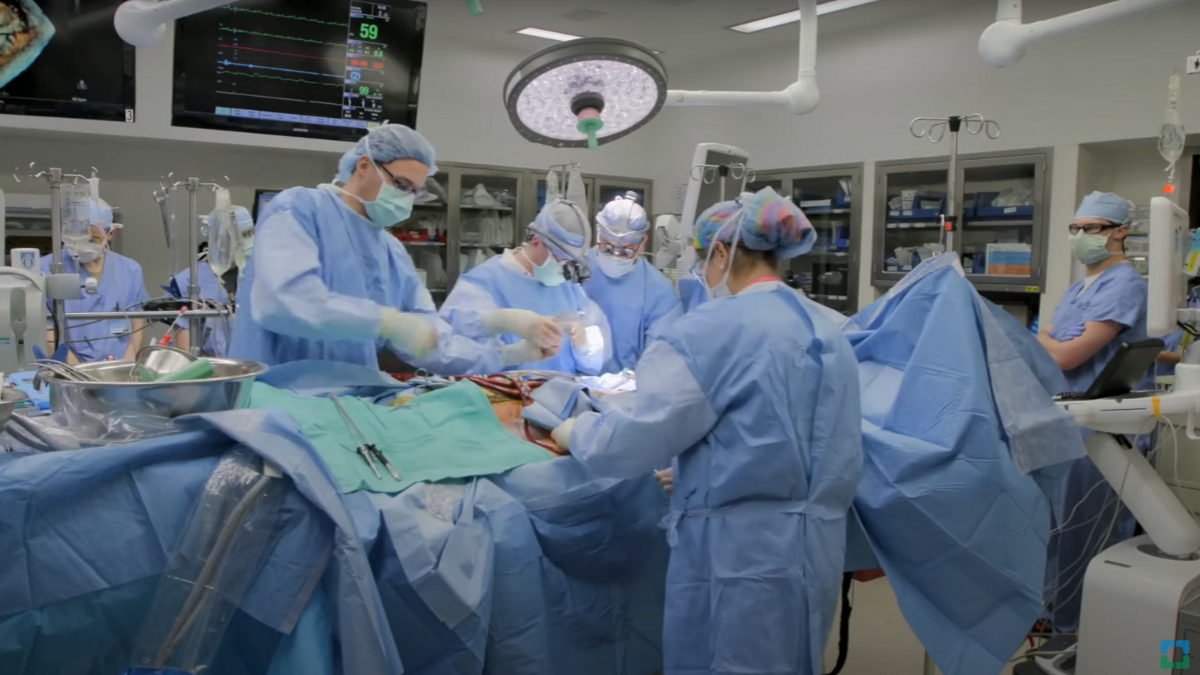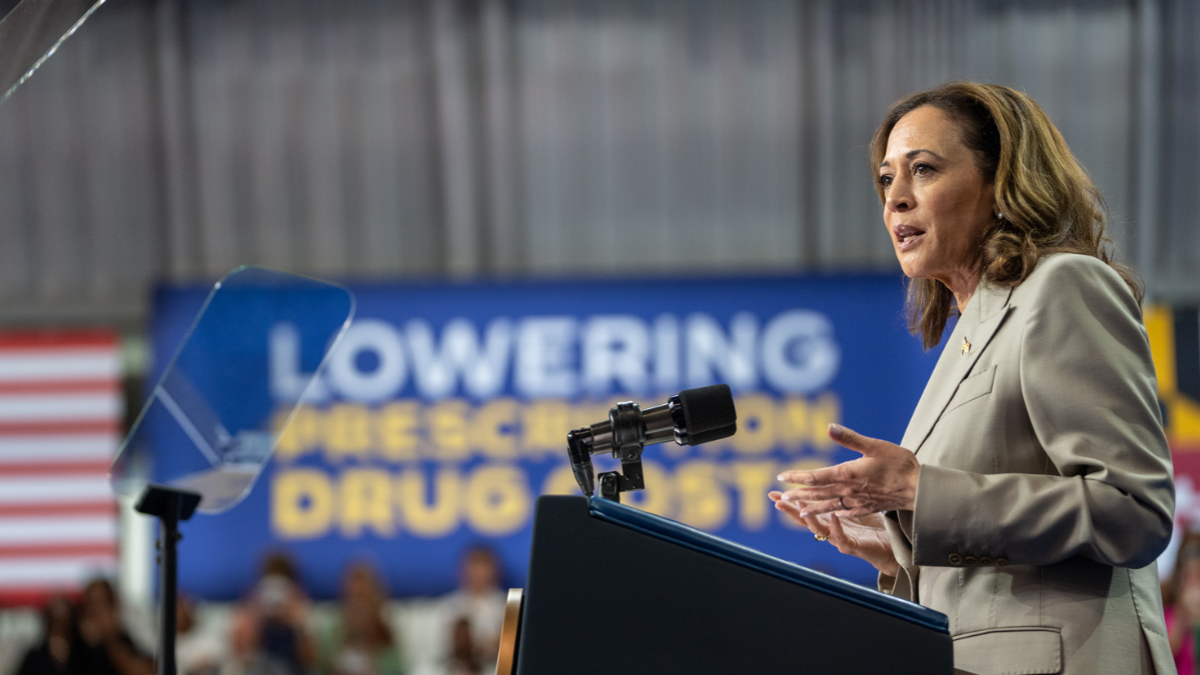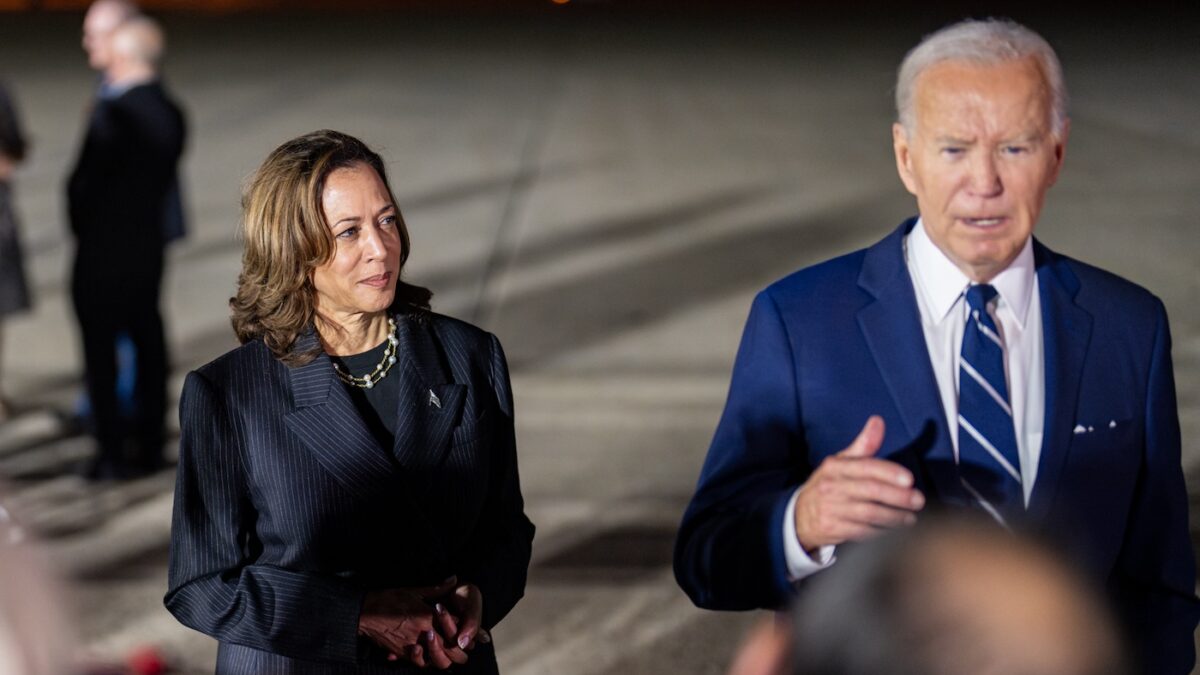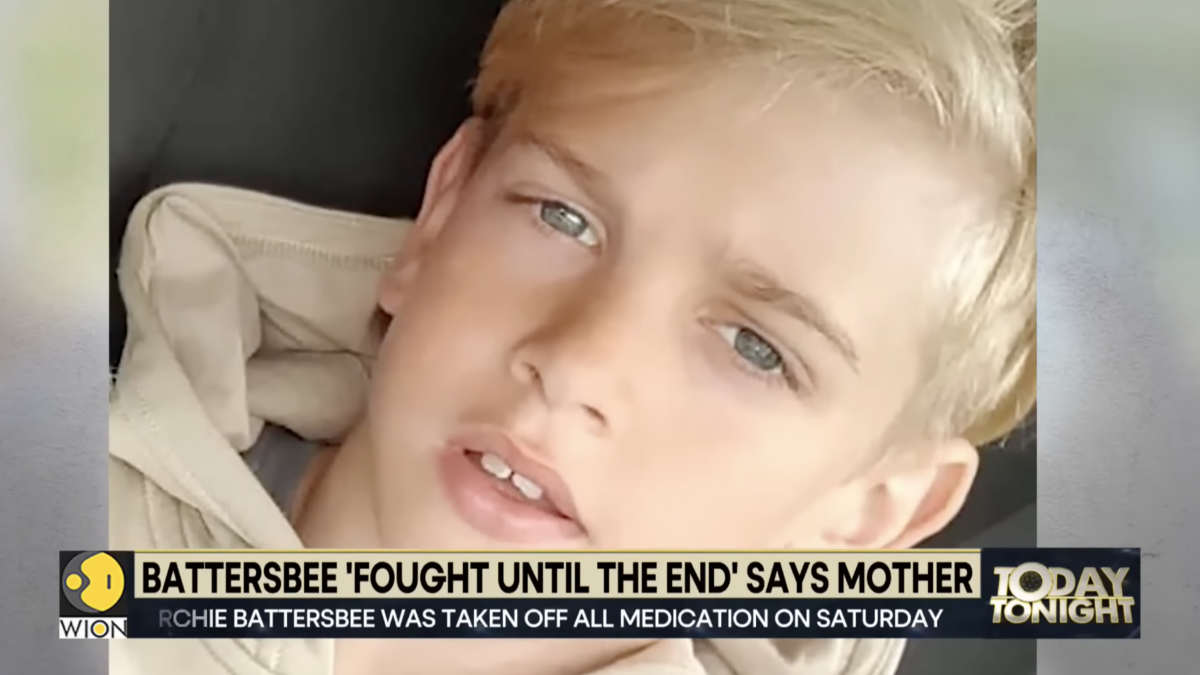
Even as Democrats continue working to pass a massive tax-and-spending bill that would further entrench the federal government’s role in health care, a tragic story from across the Atlantic demonstrates the long-term consequences of the push for socialized medicine. Once again, British courts ended the life of a vulnerable child by denying that child — not to mention his anguished parents — treatment.
This case involves Archie Battersbee, a 12-year-old found comatose in his home on April 7 after suffering what has been described as a “freak accident.” Within days of his accident, local officials with Britain’s National Health Service (NHS) began the process of seeking to end all life-saving treatment, effectively condemning young Archie to a death sentence.
Over the weekend, NHS presented Archie’s heartbroken parents with a document that the parents called a “choreographed execution.” The letter outlines the process by which medical staff in the hospital would withdraw all medical care and allow Archie to die:
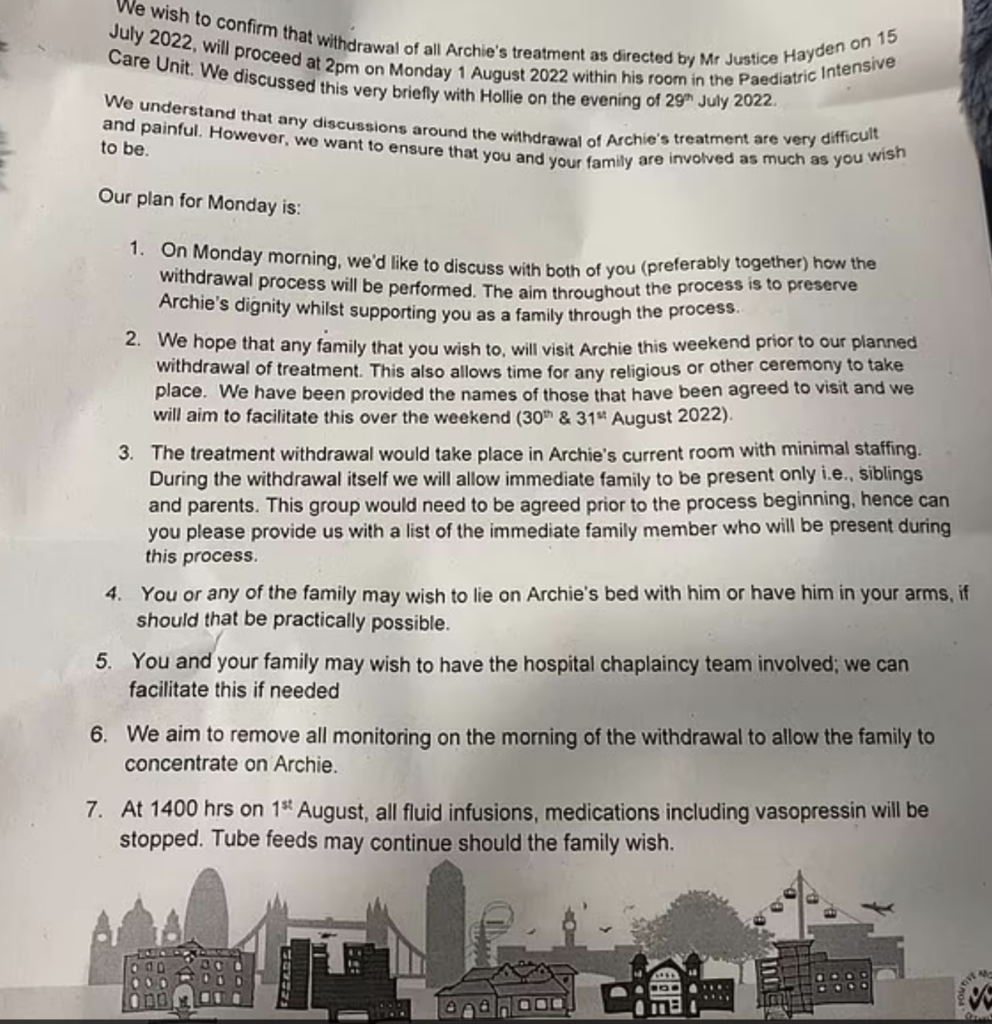
On Monday, a British court ruled that the NHS could withdraw treatment for Archie and shortly after doctors discontinued treating him on Saturday, he passed away.
The sad case of Archie Battersbee — a thriving 12-year-old just a few short months ago — represents but the latest instance of British courts allowing the country’s health service to withdraw care for sick children, notwithstanding the vocal protests of family members and loved ones. Battersbee’s name could join those of Alta Fixsler, Charlie Gard, and Alfie Evans, all British youth effectively condemned to death in recent years by a National Health Service that found their lives too unimportant or too costly to continue providing care.
The way Britain has treated Archie Battersbee should outrage the public for several reasons. First, it has marginalized the role of parents, by allowing courts and health bureaucrats to override parental wishes. When commenting on the similar case of Alta Fixsler last year, an Oxford University ethicist claimed that parents “don’t have an absolute right to make decisions for their children. The legal and ethical system in [the U.K.] says that the child’s interests must take precedence.”
Civil authorities must of course guard against potential cases of child abuse or neglect. But when it comes to children like Alta Fixsler and Archie Battersbee, no one questions the parents’ sincerity. Instead, because the parents have the temerity to want their child to live, NHS officials seek to overturn these parents’ rights, putting them before court proceedings that amount to a real-life death panel for vulnerable children.
Therein lies the second problem: One cannot easily separate cases like that of Archie Battersbee from the growing cost pressures on socialized medicine systems. It seems far from a coincidence that the Battersbee case and others have occurred at a time when waiting lists for many NHS services continue to rise due to years of slower growth in Britain’s health care budget.
A supporter of socialized medicine in the United States, Donald Berwick — who was awarded a knighthood for his work with Britain’s NHS — infamously said that “The decision is not whether or not we will ration care — the decision is whether we will ration with our eyes open.” That chilling description accurately describes both the cost predicament that socialized medicine systems like Britain’s NHS face and the proceedings in court over Archie Battersbee.
At a time when the Supreme Court’s ruling in Dobbs v. Jackson Women’s Health Organization empowered citizens and lawmakers to build a culture of life in the 50 states, the Archie Battersbee case reminds us how far we have to go to restore and sustain that culture amidst our current Western society.
It’s painful to see courts and countries increasingly view human life as a disposable commodity—with the sickest among us, the most at risk. All humans, born and unborn, healthy and sick, deserve equal dignity and a chance at life.


